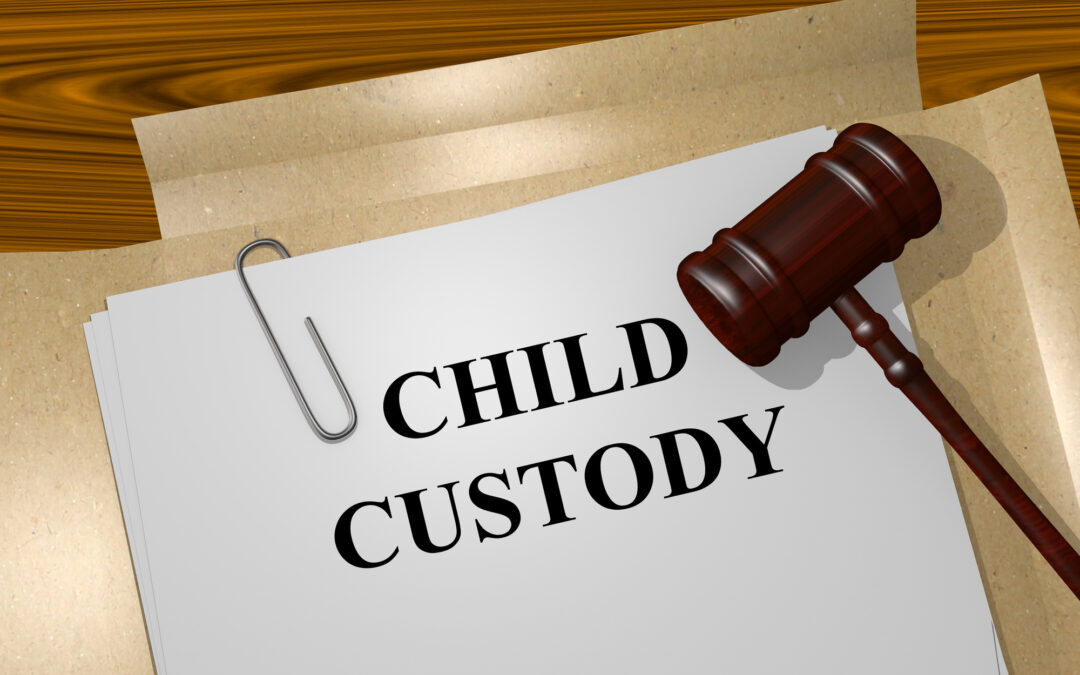
The court’s primary concern regarding custody disputes is the child’s best interests. This means that before determining custody, the court carefully considers each parent’s ability to provide for the child. The court looks at many factors and considers the child’s welfare when determining what arrangement is in the child’s best interests. It is significant to note that the courts typically center their decisions about custody on a comprehensive evaluation that considers all of these factors together.
You must take guidance and support from an experienced Boston divorce lawyer, if you are dealing with a child custody dispute. They can help you understand the intricacies of divorce laws and put effort into ensuring a concrete co-parenting arrangement.
How does the court decide the custody of a child?
- Stability.
Regarding custody disputes, the parent who is first granted custody—whether by the court or through a mutual agreement between the parents—usually has the upper hand. For instance, if the other parent abandons the family and you raise the child alone for a while. The court would consider the long-term stability of retaining the child in the house rather than transferring custody to the other parent.
- Child care arrangements.
In many cases, both parents typically work, so the parent with better childcare arrangements is given preference. For example, a custody agreement may be affected if the other parent can access considerably better child care than you do.
- Primary caretaker.
In custody disputes, the parent who was the child’s primary caregiver before the divorce or separation may be granted priority. For example, if you and the other parent shared a home and the other parent took up the child’s care for more than half of the time while you were at work or engaged in other activities, the other parent would be more likely to be granted custody as the primary caregiver.
- Drugs and alcohol.
Evidence of alcohol and drug abuse may influence the custody decision; the parent with a history of substance abuse is less likely to be granted custody.
- Mental health of the parents.
A custody award may be impacted by untreated personality disorders, mental illness, emotional instability, and poor parenting; the parent with these conditions is less likely to be awarded custody.
- Physical health of the parent.
A parent who suffers from a severe physical illness or disability that significantly limits their ability to care for their child may be less likely to be awarded custody.
- Spousal abuse.
Evidence of domestic violence between the parents, especially when the child is present, will influence the custody decision; the parent who committed the abuse is less likely to be awarded custody.
